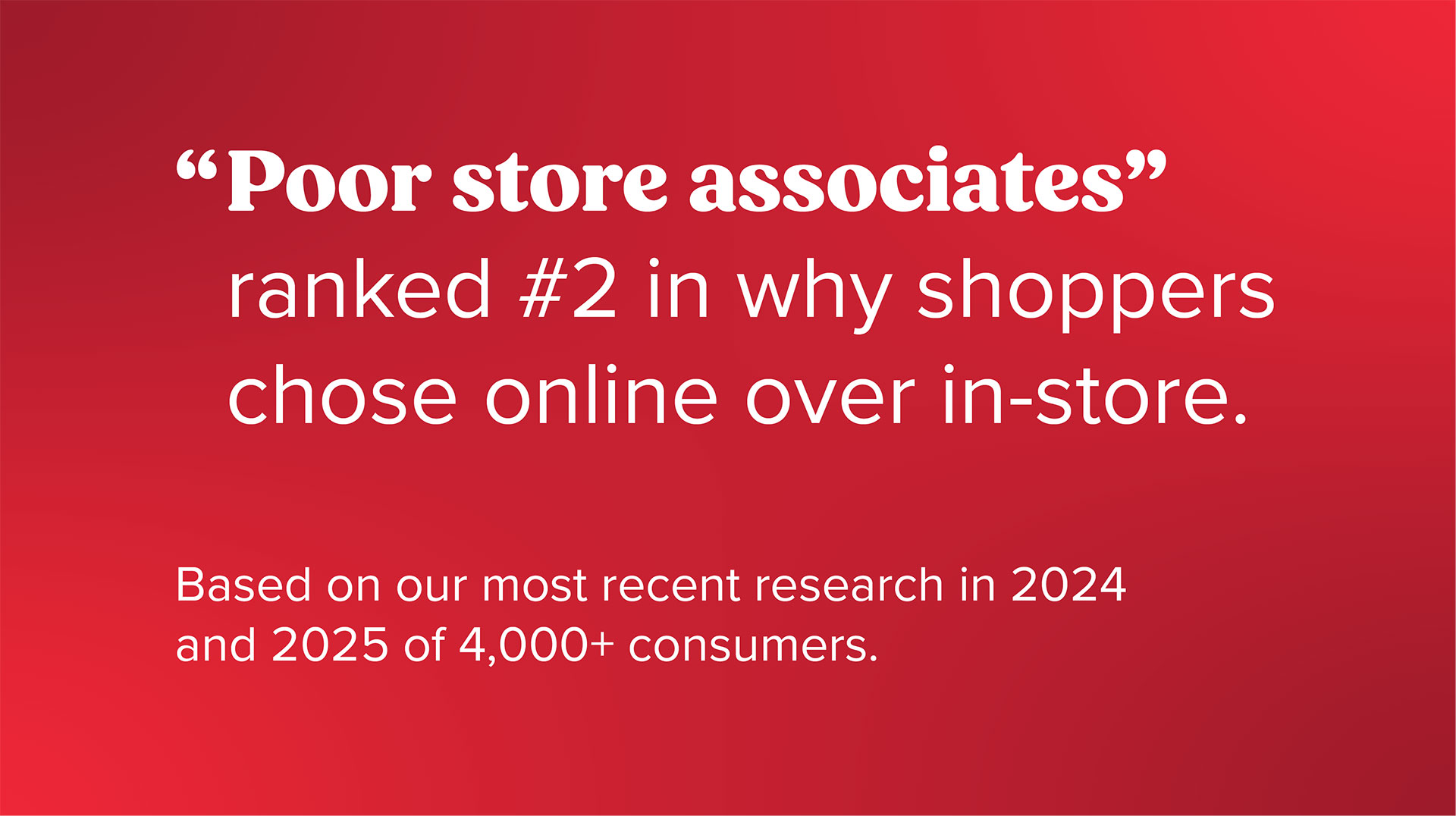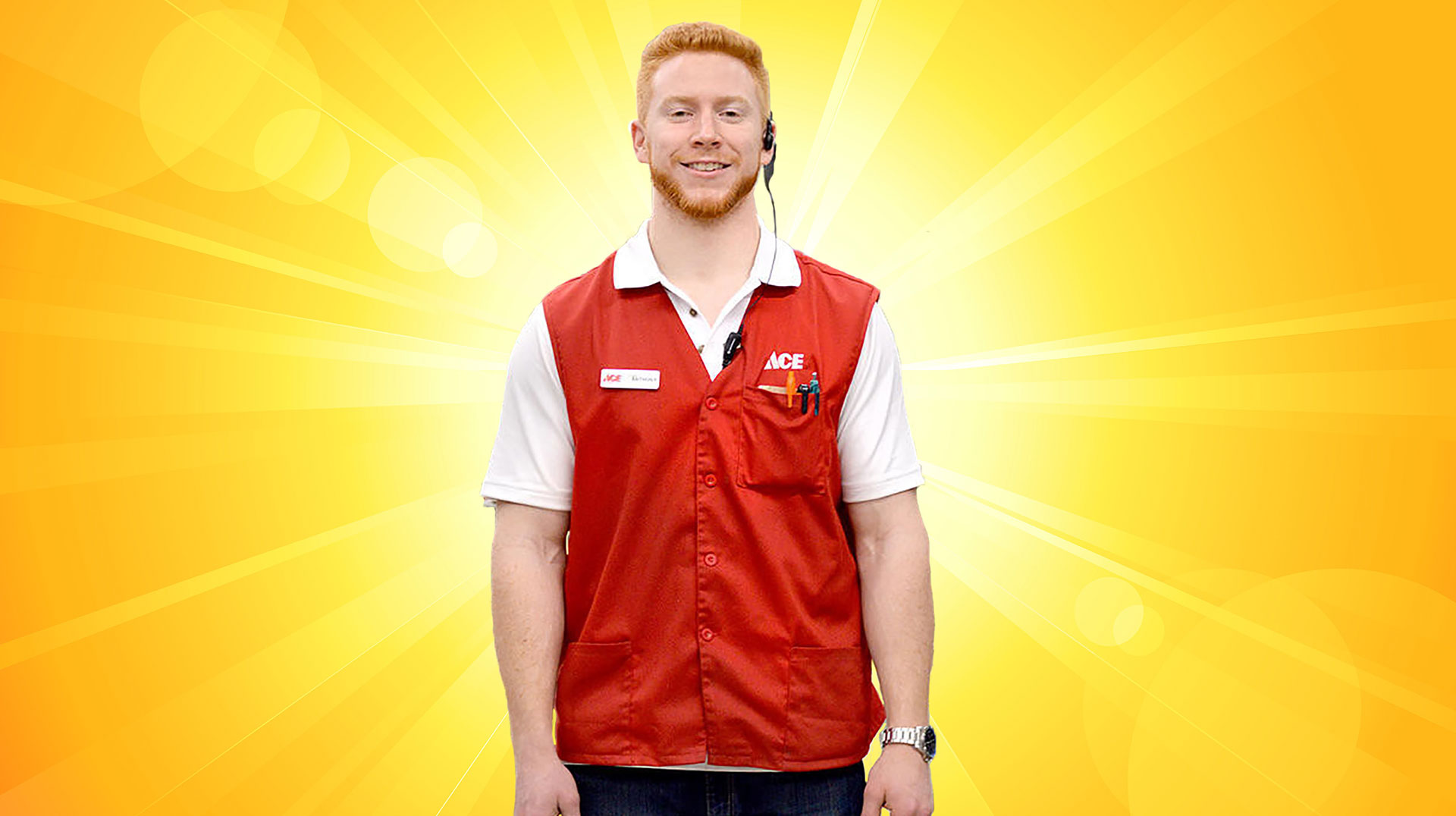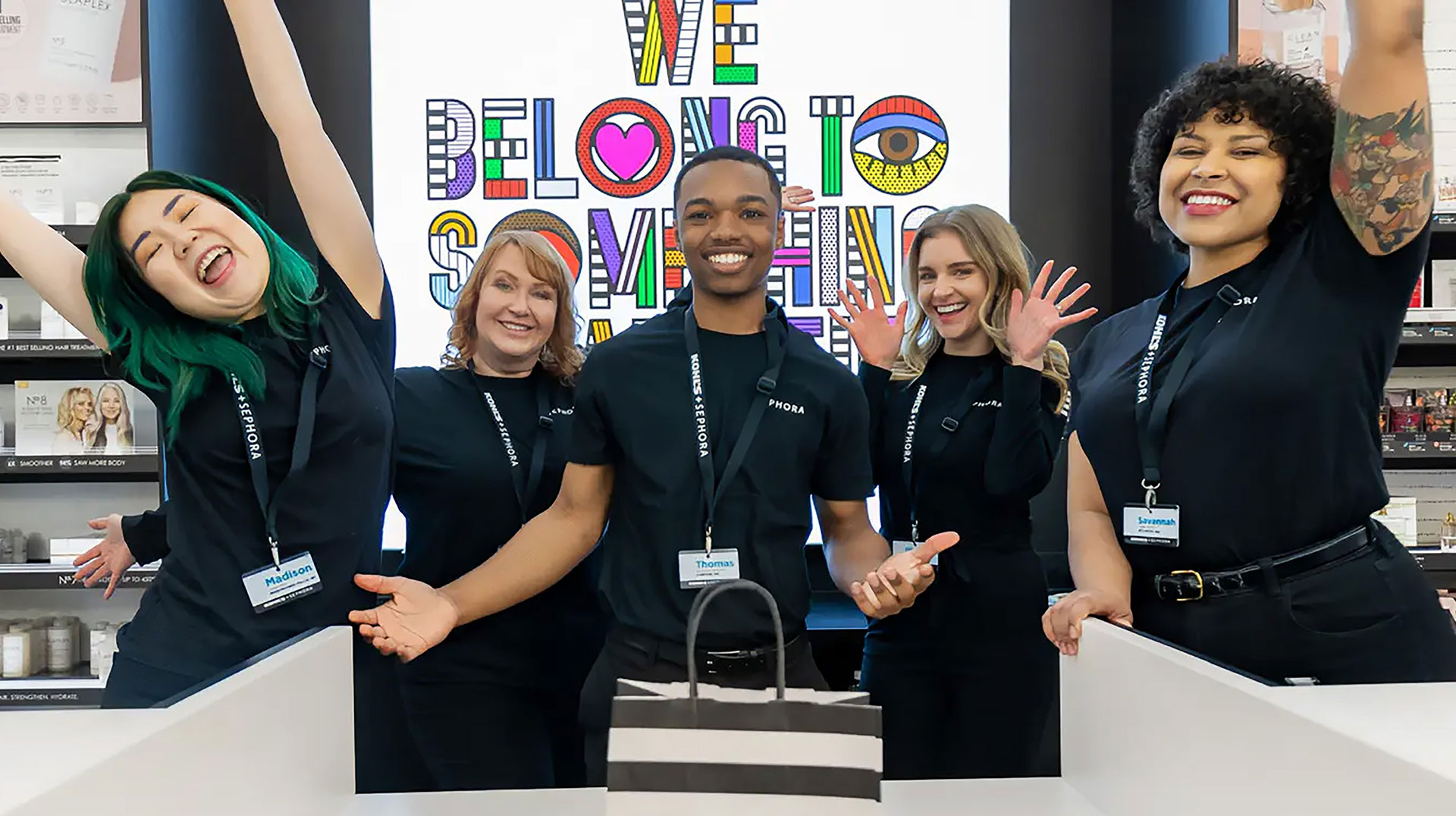Retail’s Secret Weapon: Store Associates
Excellent Pay = Excellent Service = Positive Revenue Results
Estimated Read Time: 4 Minutes
What do Costco, Apple, Trader Joe's, REI, LEGO and Wegmans all have in common? They're all on the Forbes Top 10 Customer Service list AND… they all pay store associates over $21 an hour (national retail avg = $16.50). That's five dollars more than the retail average and, in some cases (Wegman's / Costco), ten dollars more. On top of that, five of those six companies reported incredibly positive results last quarter. Coincidence? We think not.
Is better store associate pay the only way to make the Top 10 Customer Service list and drive strong results? Also no. But with those high customer service rankings AND elevated store associate pay, it's no coincidence that all six of these retailers have performed consistently well throughout this century.
But wait—retail pay (even higher retail pay) isn't all sunshine and roses. There are approximately 9.2 million store associates in the U.S., including store managers, making an average of $16.50* an hour versus the overall national average of $36.25*. So, retail store associates make less than half of what everyone else is making out there. The $21/hour from the retailers above is better, sure—but is that the best retailers can do?
Are those stats (easily Googled) helping retailers recruit the best people? We really think not. In fact, retail store pay is downright embarrassing. Why work in a store if you can make twice as much doing something else? That's a question we're sure many potentially great store associates have asked themselves before even filling out an application. The result? The consistently low ratings consumers give store associates in our studies.

Case in point: our most recent research ('24 &'25), done with over 4,000 consumers, showed that "poor store associates" was the number 2 reason why they preferred to shop online vs. in-store. Conversely, "better associates" was the #1 factor that would get them to shop in stores more often.
Are you tracking this? This may help clarify:
Retailers are underpaying their most valuable store assets at their own peril.

It Isn't Only About Pay, It's About Investment (Including Pay)
To be clear, paying store associates more isn't the ONLY factor affecting consumer satisfaction and results. The silver lining for retailers thinking "$36 an hour is absurd!" is ACE Hardware. They're #1 in customer service (Forbes), yet only pay an average of $15-$20 an hour. And to top it off, in Q1 of 2025, ACE reported record revenues of $2.2 billion, with a +4.2% comp to LY (with 5,000 stores).
How? By investing in their most valuable assets—just like the other six brands we mentioned, but with a slightly different approach:
- Empowerment: ACE invests millions into training and development programs like "Helpful 101" and "Helpful 201", equipping store associates with the tools to provide solutions on the spot.
- Trust: With that training, employees are encouraged to offer personalized service—going as far as helping with projects and delivering forgotten items, for free.
- Product Knowledge: ACE emphasizes and tests product knowledge daily.
In 2024 alone, ACE employees logged 1.1 million hours of customer service training.
The takeaway? Whether you invest in wages, knowledge, or (ideally) both, you will see a return—and you'll attract better associates in the process. ACE didn't get to the top overnight or with a silver bullet. It's part of their DNA. A culture of great service. A culture of excellent store associates.
You may not have to pay associates more, but if you want results, you do have to invest in a culture of excellent service.

It's Your People, Stupid!
We have James Carville to thank for the punch and clarity of that now-famous phrase, but for retailers, the above message seems very appropriate. How many more times can we talk about investments in AI, in-store tech, self-checkout, whiz-bang screens, dressing room tech, robots—even security—without mentioning store associates?
Whatever happened to "bang for your buck" thinking? Maybe we should ask Wegmans.
We believe that old school return-on-investment-through-better-service thinking made a wrong turn twenty-some years ago when Big Box and DIY took over retail. It's time to bring it back. To us—and to over 4,000 consumers—store associates and customer service must improve, or the e-commerce hockey stick is going to leave us with nothing but screens for shopping.
Want real bang for your buck?
Invest in your store associates.
*Bureau of Labor Statistics











